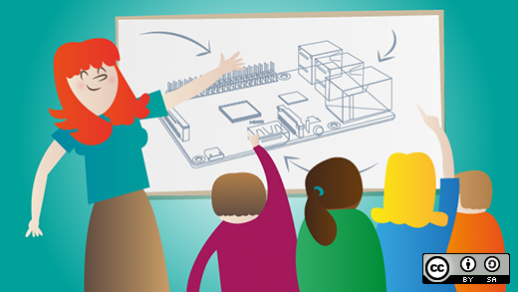For the 10th year in a row, the Finding Ada Network celebrates Ada Lovelace Day on the second Tuesday of October. It is a global celebration with flagship and grassroots events honoring the achievements and contributions of women in science, technology, engineering, and math (STEM).
According to Girls Who Code, the gender gap is widening in the computing industry, with only 24% of computer scientists being female. However, 66% of girls are interested in computer science as young children. What can we do to support girls and young women throughout their education and early career? The Finding Ada Network believes that mentorship is critical.
We want to hear about your experience as a mentor or mentee. What programming language would you want to teach a kid first? Would you teach a teenager the same language you'd teach an elementary school student? What tips do you have for getting kids interested in computer programming? Take our poll and share your mentorship story.









29 Comments